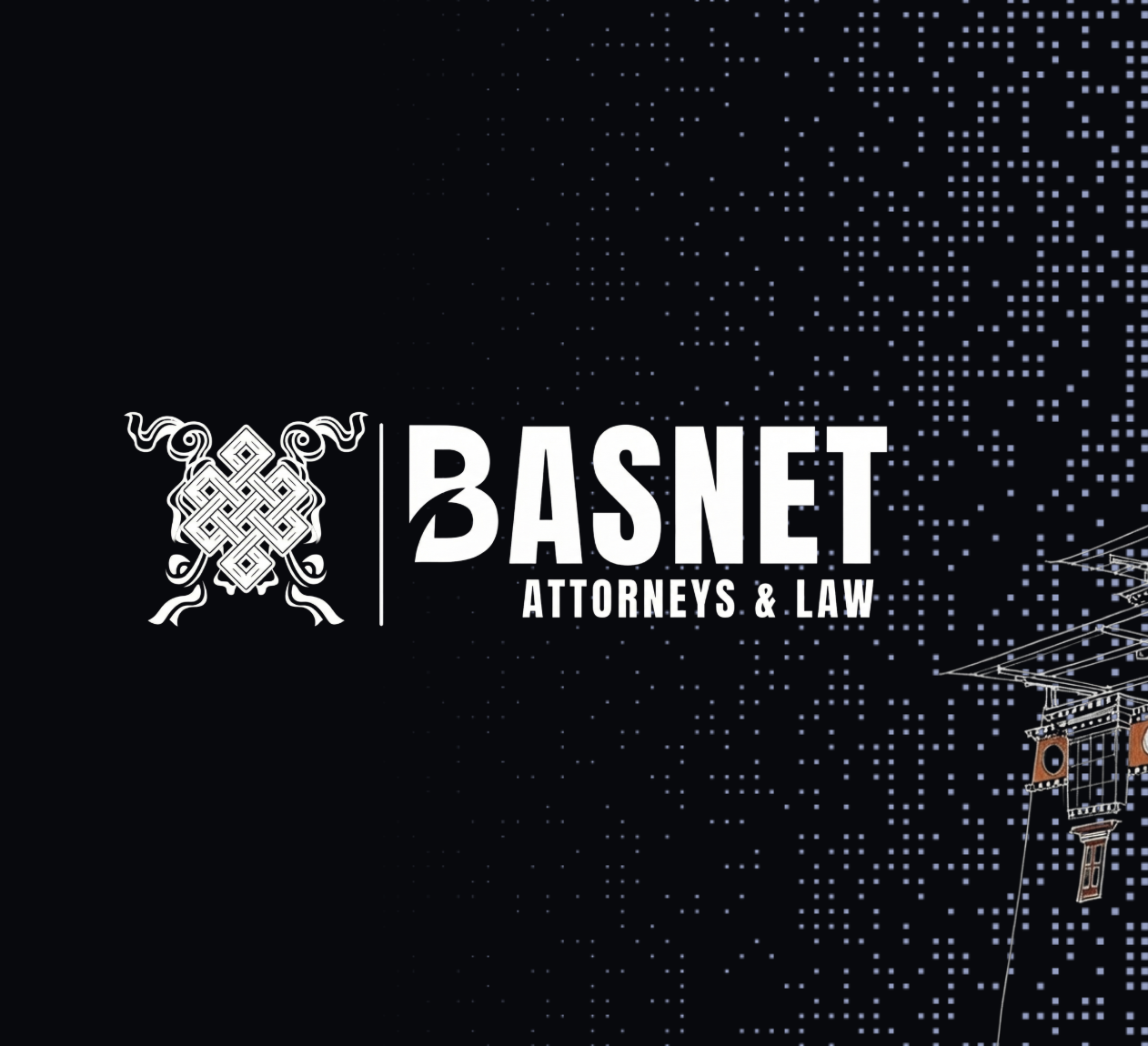
Best Investment Lawyers in Bhutan
Share your needs with us, get contacted by law firms.
Free. Takes 2 min.
Or refine your search by selecting a city:
List of the best lawyers in Bhutan

About Investment Law in Bhutan
Investment in Bhutan is governed by a set of laws and regulations that aim to create a conducive environment for both foreign and domestic investors. The country encourages investments that contribute to sustainable economic development, with specific emphasis on sectors such as tourism, agriculture, renewable energy, and information technology. The Foreign Direct Investment (FDI) policy is designed to attract global investors, while ensuring that the investments align with national priorities, preserve cultural heritage, and enhance the livelihood of Bhutanese citizens.
Why You May Need a Lawyer
Engaging with a lawyer specializing in investment law in Bhutan can be essential in several scenarios:
- Setting Up a Business: Legal assistance is crucial for understanding and complying with the procedural requirements for establishing a business entity in Bhutan.
- Compliance and Regulatory Issues: A lawyer can help navigate the complex regulatory landscape, ensuring adherence to all necessary laws and guidelines.
- Contract Negotiations: Securing favorable terms and conditions in contracts or agreements requires legal expertise to safeguard your interests.
- Dispute Resolution: In the event of a conflict, a lawyer can provide representation and advice on dispute resolution mechanisms.
- Intellectual Property Protection: Lawyers are essential in protecting intellectual property rights, crucial for startups and innovative ventures.
Local Laws Overview
Key aspects of local laws relevant to investments in Bhutan include:
- Foreign Direct Investment (FDI) Policy: Sets out the guidelines and requirements for foreign investments, emphasizing priority sectors and restrictions.
- Company Act: Governs the formation, functioning, and management of companies, ensuring compliance with statutory obligations.
- Environmental Laws: Ensure that investment projects are sustainable and environmentally friendly, adhering to Bhutan's emphasis on Gross National Happiness.
- Taxation Regulations: Outline the tax obligations and incentives available to businesses, crucial for financial planning and compliance.
- Labor Laws: Manage employer responsibilities, worker rights, and dispute resolutions in the sector of employment.
Frequently Asked Questions
What are the main sectors for investment in Bhutan?
Sectors such as tourism, agriculture, hydropower, IT, and clean technology are prioritized for investment in Bhutan.
Are there any restrictions on foreign investments in Bhutan?
Yes, certain sectors may have restrictions on foreign ownership, and investments must align with national priorities and policies.
How can I start a business in Bhutan as a foreign investor?
Foreign investors must comply with the FDI policy, register their business, and obtain necessary permits and licenses.
What types of business structures are available in Bhutan?
Common structures include sole proprietorships, partnerships, private limited companies, and public limited companies.
What are the taxation regulations for foreign investors?
Tax regulations include corporate tax, personal income tax, and specific provisions for foreign investments, including possible tax incentives.
What is the role of the Ministry of Economic Affairs in investment?
The Ministry of Economic Affairs is a crucial body that oversees investment policies, facilitates business opportunities, and provides support to investors.
How is intellectual property protected in Bhutan?
Intellectual property rights are protected under various national laws and international conventions to which Bhutan is a signatory.
What environmental considerations must investors keep in mind?
Investors must conduct Environmental Impact Assessments (EIAs) and adhere to sustainable practices as per environmental laws.
Can foreign investors repatriate profits from Bhutan?
Yes, foreign investors can repatriate profits, but they must comply with the requirements set by the Royal Monetary Authority of Bhutan.
What dispute resolution mechanisms are available for investment-related conflicts?
Dispute resolution can be sought through arbitration, mediation, and court proceedings as per Bhutanese legal frameworks.
Additional Resources
Consider exploring the following resources and organizations for more information or assistance:
- Ministry of Economic Affairs
- Bhutan Chamber of Commerce and Industry
- National Environment Commission
- Royal Monetary Authority of Bhutan
- Department of Industry
Next Steps
If you require legal assistance in investment matters, consider taking the following steps:
- Identify specific legal needs and potential challenges in your investment plan.
- Seek referrals for experienced investment lawyers or law firms in Bhutan.
- Schedule consultations to discuss your needs and evaluate potential legal support.
- Engage a lawyer who specializes in investment law and has a clear understanding of Bhutanese regulations.
- Maintain ongoing communication to ensure compliance and address any emerging legal issues promptly.
Lawzana helps you find the best lawyers and law firms in Bhutan through a curated and pre-screened list of qualified legal professionals. Our platform offers rankings and detailed profiles of attorneys and law firms, allowing you to compare based on practice areas, including Investment, experience, and client feedback.
Each profile includes a description of the firm's areas of practice, client reviews, team members and partners, year of establishment, spoken languages, office locations, contact information, social media presence, and any published articles or resources. Most firms on our platform speak English and are experienced in both local and international legal matters.
Get a quote from top-rated law firms in Bhutan — quickly, securely, and without unnecessary hassle.
Disclaimer:
The information provided on this page is for general informational purposes only and does not constitute legal advice. While we strive to ensure the accuracy and relevance of the content, legal information may change over time, and interpretations of the law can vary. You should always consult with a qualified legal professional for advice specific to your situation.
We disclaim all liability for actions taken or not taken based on the content of this page. If you believe any information is incorrect or outdated, please contact us, and we will review and update it where appropriate.
Browse investment law firms by city in Bhutan
Refine your search by selecting a city.








